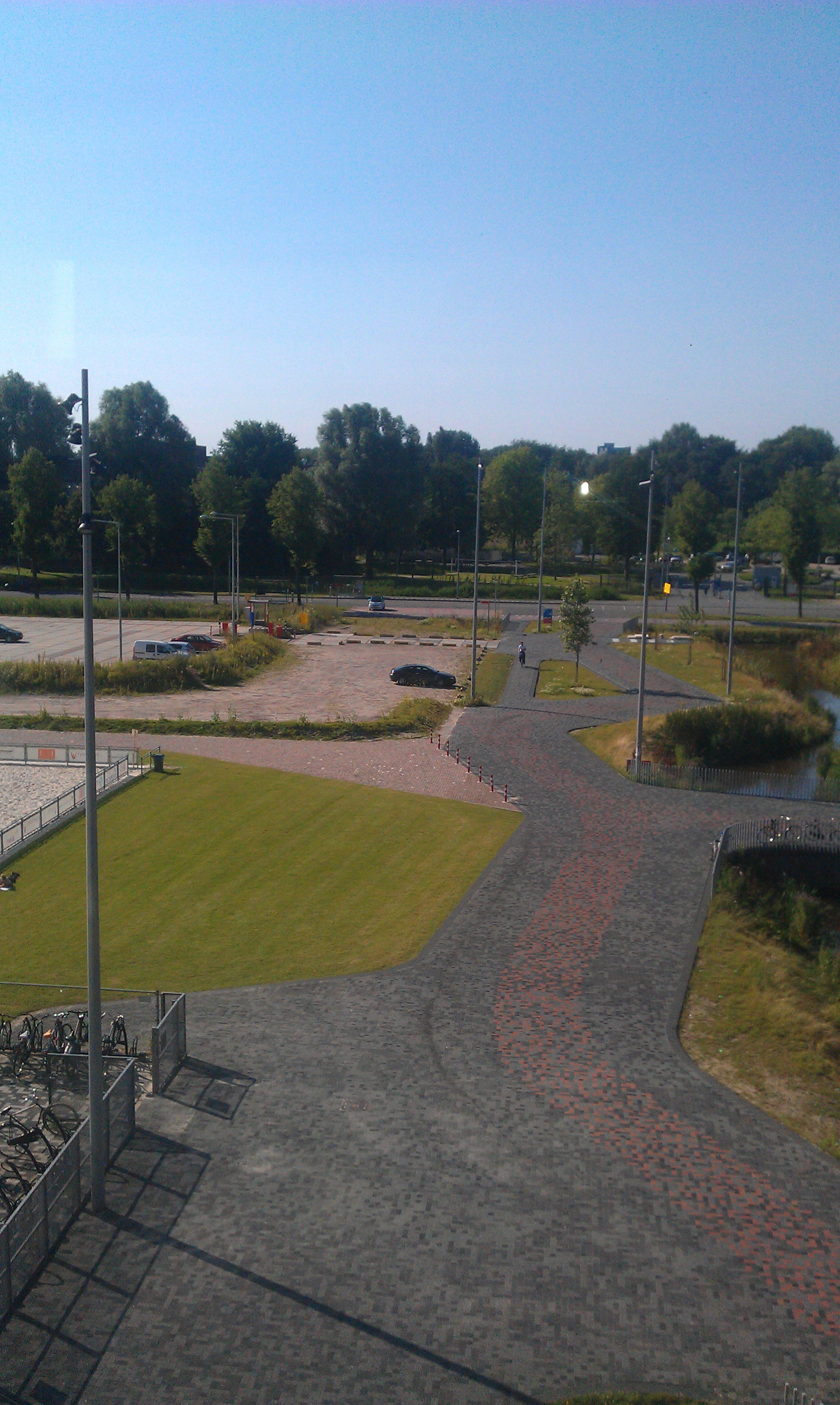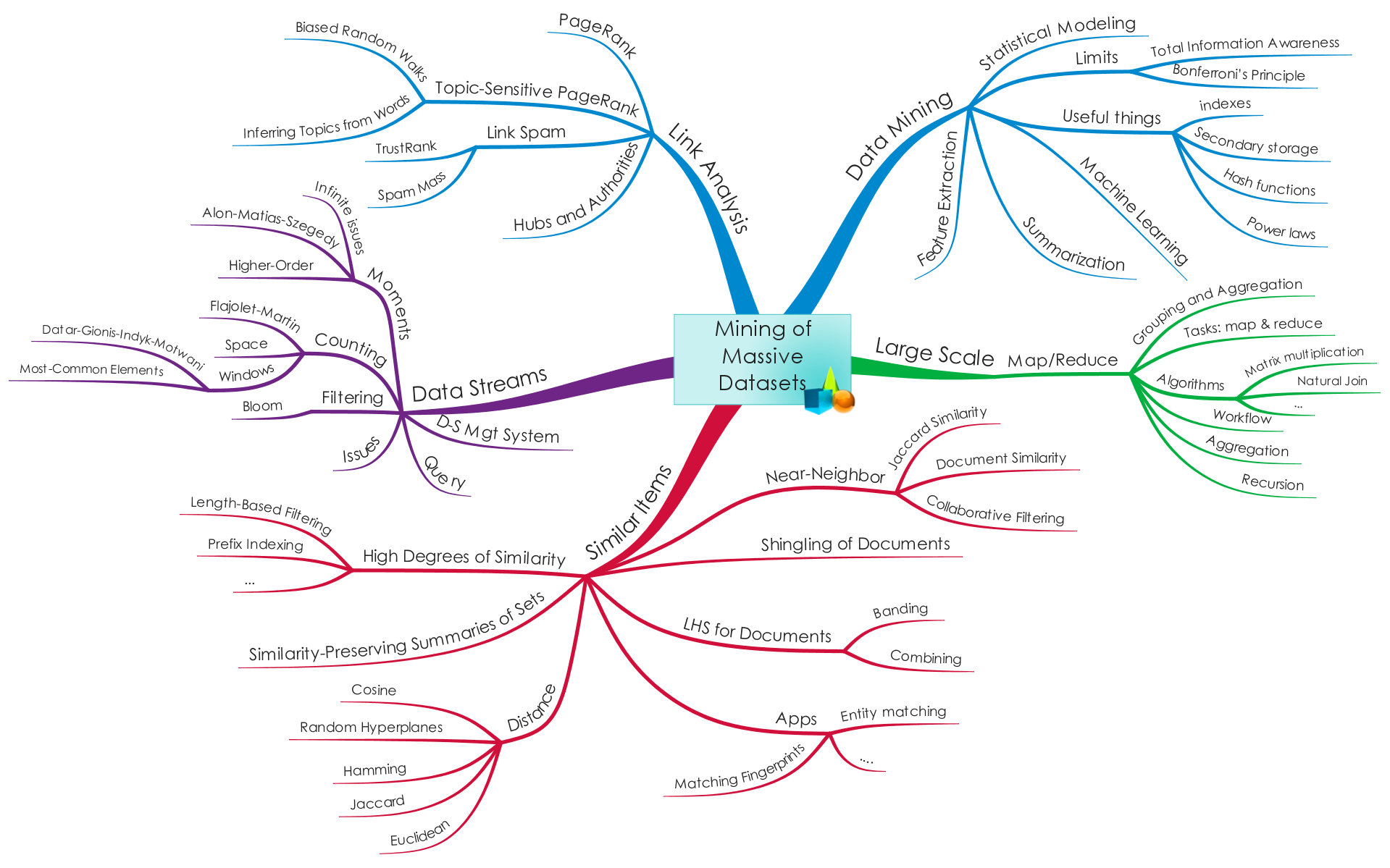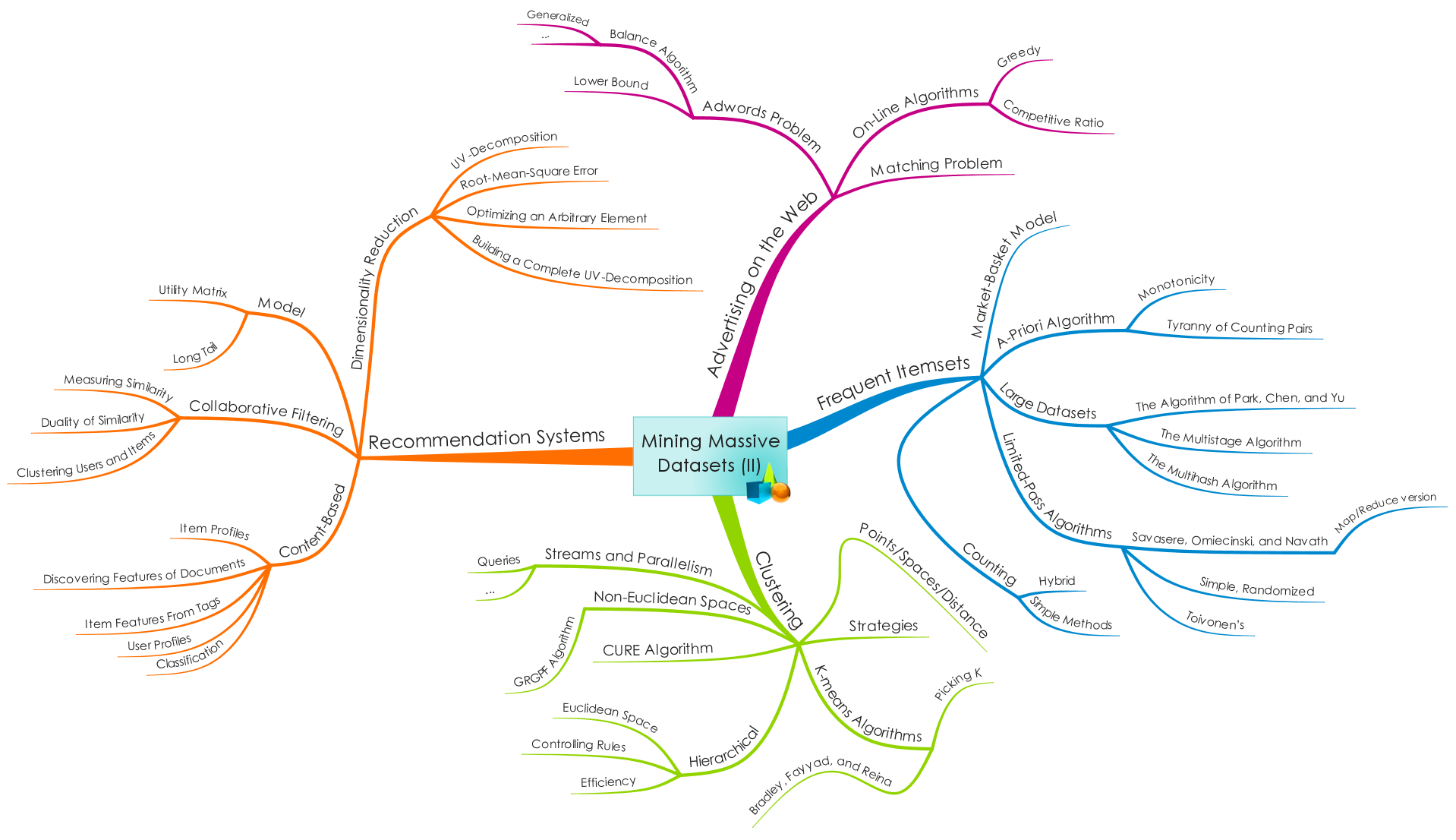Call for Chapters
- Proposals Submission Deadline: April 30, 2012
- Full Chapters Due: June 15, 2012
Introduction
Strategy management addresses the forces and causes that explain performance differences between organisations. One approach studies industry structures as external determinants of organisational performance. An alternative approach focuses on internal resources and capabilities as sources of sustained competitive advantage. This is the resource and capabilities theory of the firm. On the other hand, the knowledge-based view of the firm considers the firm as a repository of knowledge-based resources and capabilities. To the extent that these resources and capabilities are unique, rare, difficult to imitate and non-substitutable, they confer sustained competitive advantage on the firm. Thus, in these approaches, organisational performance differences are a result of different stocks of knowledge-based resources and capabilities.
On the other hand, intellectual capital literature focuses on the measurement of companies/organizations/regions knowledge base. It also deals with building guidelines for the development of ”intellectual capital accounts”, a corporate report to inform about firms’ stock of knowledge-based resources.
Objectives of the book
The topics of Organizational Learning (OL), Knowledge Management (KM) and Intellectual Capital (IC) are receiving increased interest both from the academic community and companies because of the influence of innovation and learning on the achievement of a competitive advantage for the firm in the New Economy. Literature on knowledge management and intellectual capital suggests that competitive advantage flows from the creation, ownership, protection, storage and use of certain knowledge-based organisational resources. Superior organizational performance depends on firms/organizations/regions ability to be good at innovation, learning, protecting, deploying, amplifying and measuring this strategic intellect.
The objective of book is to bring together a selection of new perspectives that collectively articulate a knowledge-based view of strategy management. It adopts a knowledge-based view that considers the role companies, organizations and nations in the nurturing, deployment, storage and measurement of their knowledge.
The book aims to understand how policies and strategies for the management of knowledge-based resources (human capital, relational capital, structural capital) can contribute to the creation of a competitive advantage not only for companies and institutions but also for nations and economic regions. The adequate design of human resource management policies (“make”/”buy” policies), the strategic design and implementation of strategies for managing knowledge and learning in companies as well as actions take to measure and report on knowledge management can make a difference and create a long term competitive advantage of companies, nations and regions.
Topics of interest for the book
The book will be structured into 5 main sections:
- Section 1. Intellectual Capital in Companies and Organization
- Section 2. Intellectual Capital Reports: New Trends in publishing
- Section 3. Knowledge Management in Practice: Lessons to learn
- Section 4. Human Resource Management Policies: Strategies to manage knowledge in companies and organizations
- Section 5. Challenges for the Management of Knowledge-based Resources.
Topics include, but are not limited to, the following:
- Cases studies on human resource management
- Economic development of nations and regions
- Knowledge management theory
- Knowledge creation
- Knowledge-based resources
- Human resource policies
- “Make”/ “Buy” human resource systems
- Human capital
- Relation capital
- Structural capital
- Innovation
- Organizational learning
- Organizational unlearning
Submission Procedure
Chapter proposals (2 pages) are expected by April 30, 2012. Full chapters (20-25 pages) are expected to be submitted by June 15, 2012. All submitted chapters will be reviewed on a double-blind review basis. Contributors may also be requested to serve as reviewers for this project.
Publisher
This book is scheduled to be published by IGI Global (formerly Idea Group Inc.), publisher of the “Information Science Reference” (formerly Idea Group Reference) and “Medical Information Science Reference” imprints. For additional information regarding the publisher, please visit www.igi-global.com. This publication is anticipated to be released in 2013.
Important Dates
- April 30, 2012 Book Chapter Submission
- June 15, 2012 Full Chapter Submission
- July 1, 2012 Review Results to Authors
- July 15, 2012 Revised Chapter Submission
- September 1, 2012 Final Acceptance Notifications
Inquiries and submissions can be forwarded electronically (Word document):
Patricia Ordóñez de Pablos
University of Oviedo, Spain
E-mail: patriop@uniovi.es
With CC to:
Robert D. Tennyson
University of Minnesota, USA
Email: rtenny@umn.edu
Jingyuan Zhao
University of Québec at Montréal, Canada
Email: jingyzh@gmail.com



